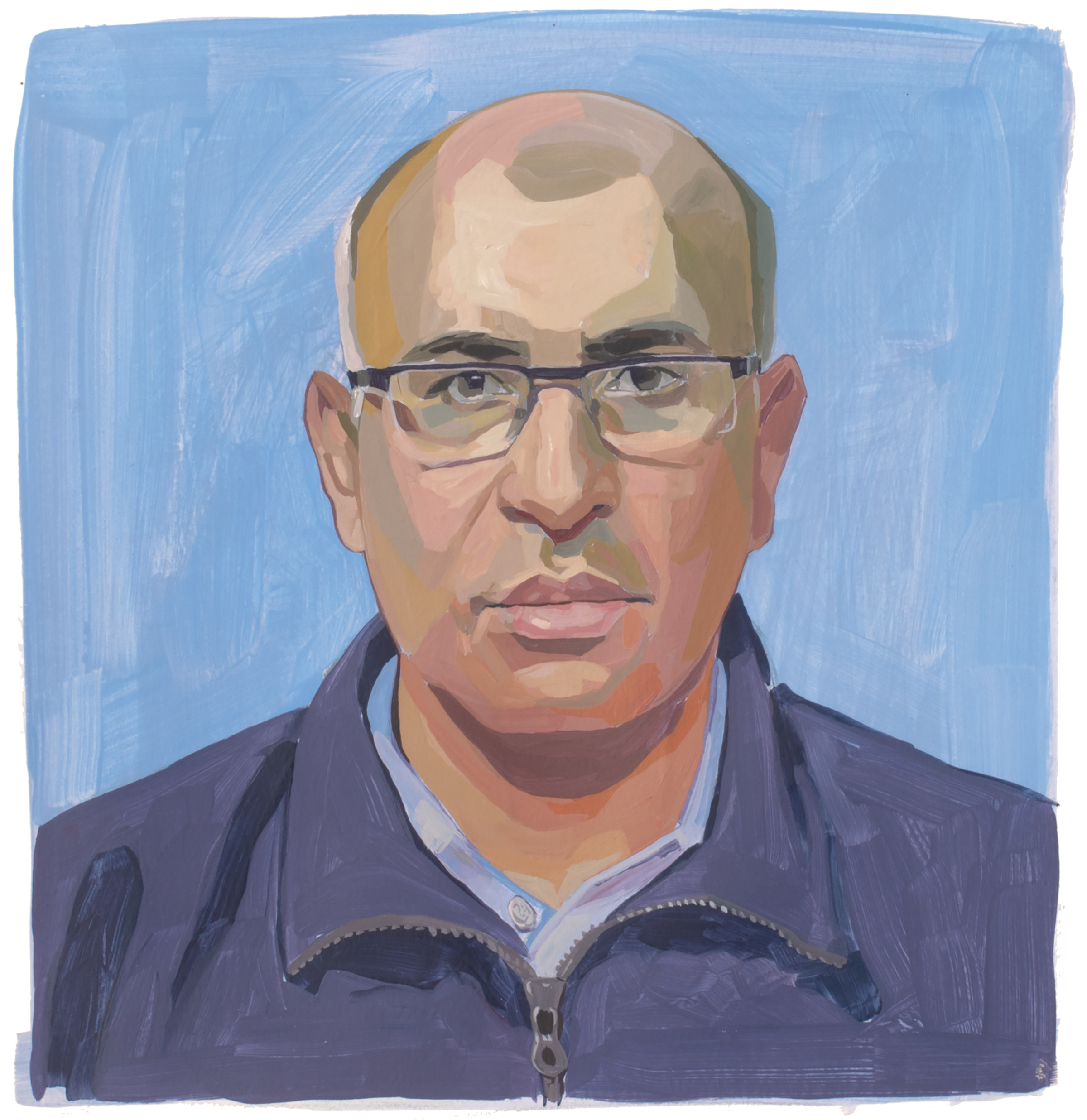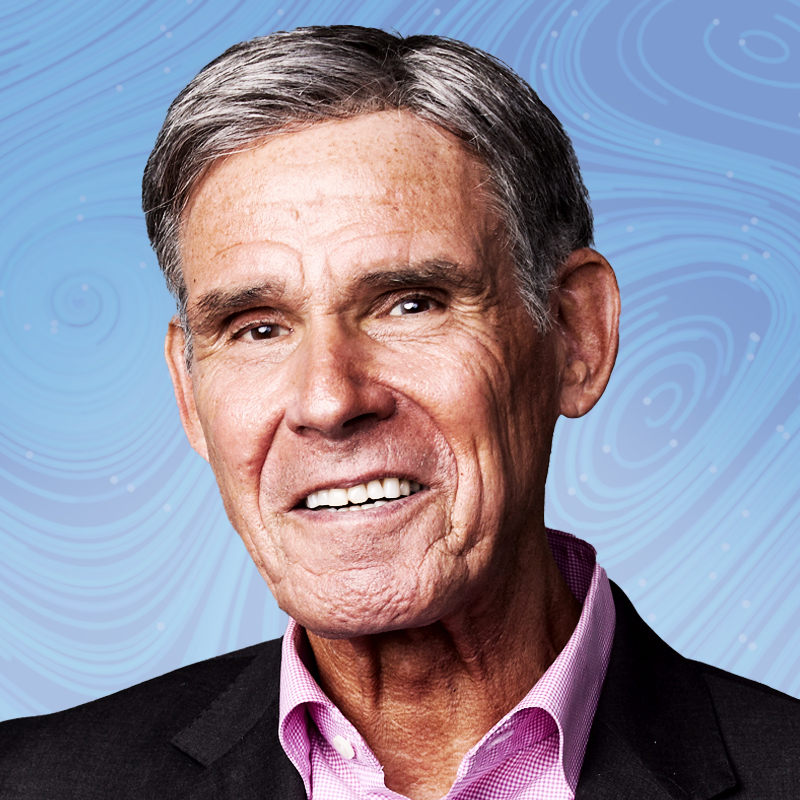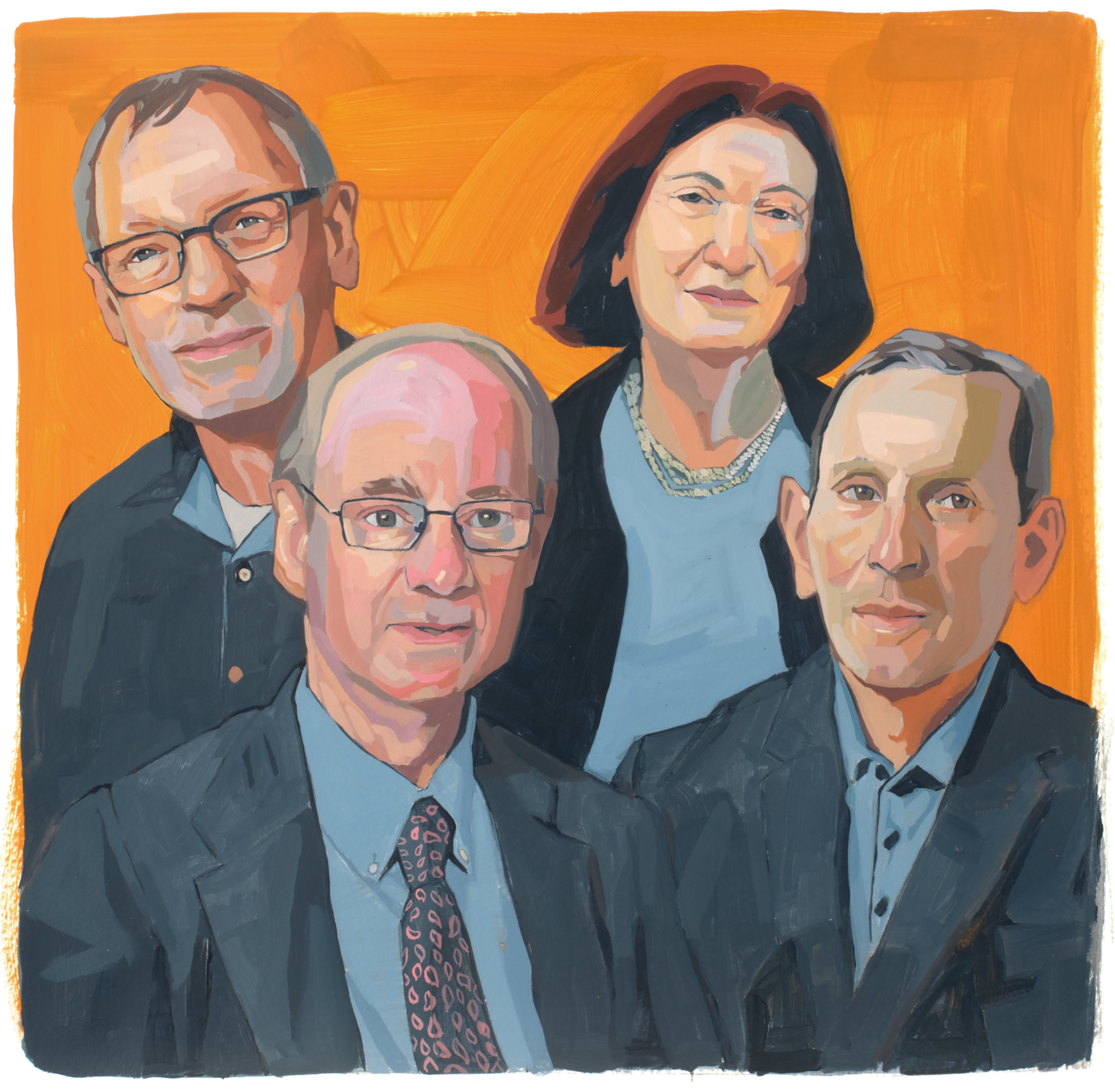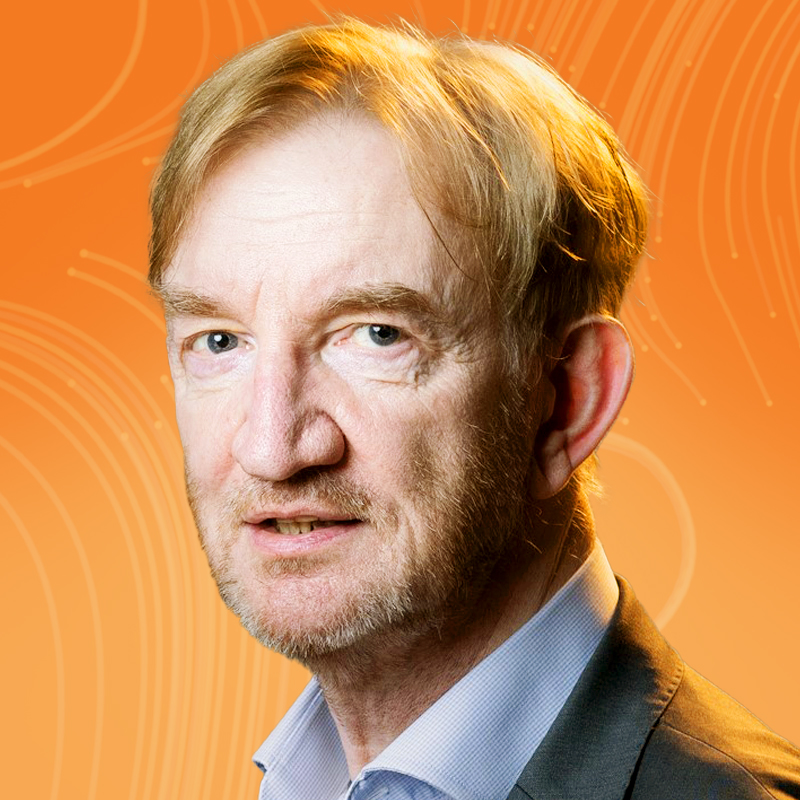When Nedra Glover Tawwab joined Instagram in July 2017, only a small number of therapists were posting about mental health. Now, six years later, she has more than 1.8 million followers on Instagram and nearly 16,000 on TikTok, making her one of the most-followed people in her profession.
From the outset, Tawwab, who’s based in Charlotte, N.C., saw nurturing an online presence as a way to connect with more people than her day job allows. “I didn’t know how big it could get,” she says. “I just knew that the most folks I could see in a week was maybe 25 or 30. With social media, you’re able to impact hundreds, thousands, or millions in a way that some people only get if they go to therapy.”
Because she’s Black, she’s able to connect with people who may not have access to therapy—or think it’s for them. “I'm rooted in Black culture, so a lot of the things that I'm pulling from are within Black culture,” she says. The language she uses, and even the clothes she wears, are familiar to Black people. “I get a lot of feedback from Black women that ‘I'm drawn to your work because you wear your hair natural. You look like me,’” she says. “We don't realize how those small things within any culture can be a really big thing.”
In recent posts, Tawwab, who’s the author of Set Boundaries, Find Peace, gave her followers permission to get their hopes up, shared advice about healthy relationships between parents and adult children, and curated a list of questions to ask yourself at the end of each year. She also likes to “normalize difficult feelings, like grief,” she says.
Mental-health professionals are still figuring out the right way to use social media, Tawwab acknowledges. She’s carefully considered what is and isn’t OK to post about (she avoids personal feedback and diagnoses) and how to respond to people who DM her asking for help (she points them toward local therapists). “It’s all informational, not diagnostic,” she says of her content. “If a person is looking at this stuff and feels moved by it, the next step is to develop a relationship with a professional in their area. It’s not to look at everything [a therapist has] ever posted and then say, ‘Yes, my boyfriend is a narcissist,’ or, ‘Yes, I do in fact have ADHD.’” Social media is an entry point, she clarifies, not the finish line to better mental health.
More Must-Reads from TIME
- Breaking Down the 2024 Election Calendar
- How Nayib Bukele’s ‘Iron Fist’ Has Transformed El Salvador
- What if Ultra-Processed Foods Aren’t as Bad as You Think?
- How Ukraine Beat Russia in the Battle of the Black Sea
- Long COVID Looks Different in Kids
- How Project 2025 Would Jeopardize Americans’ Health
- What a $129 Frying Pan Says About America’s Eating Habits
- The 32 Most Anticipated Books of Fall 2024
Contact us at letters@time.com





